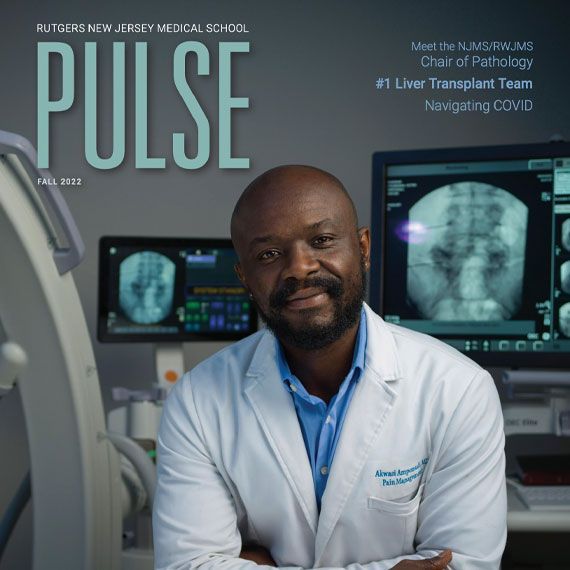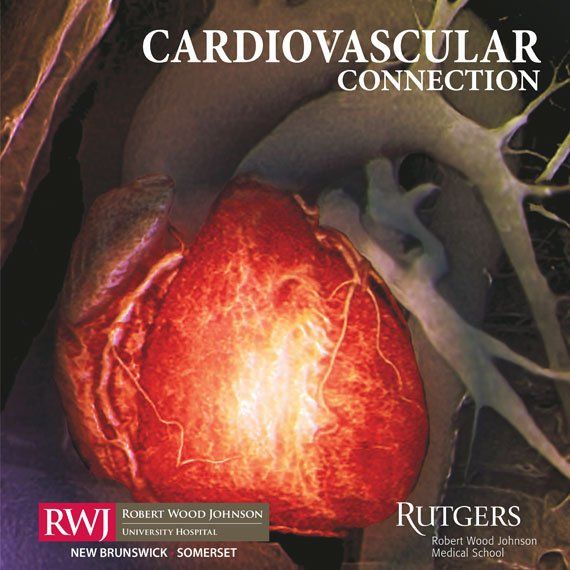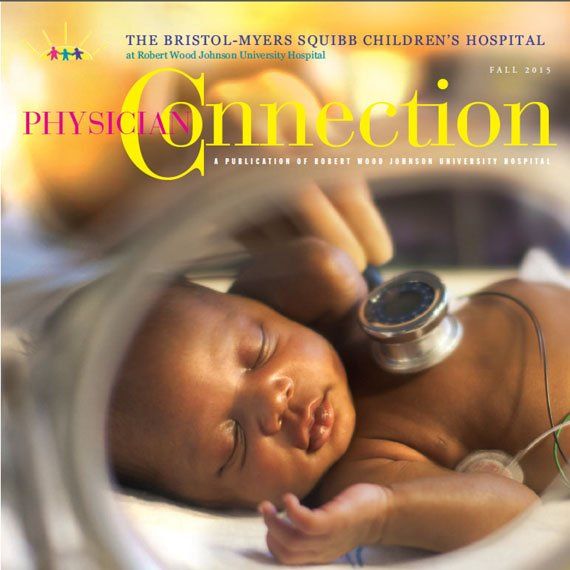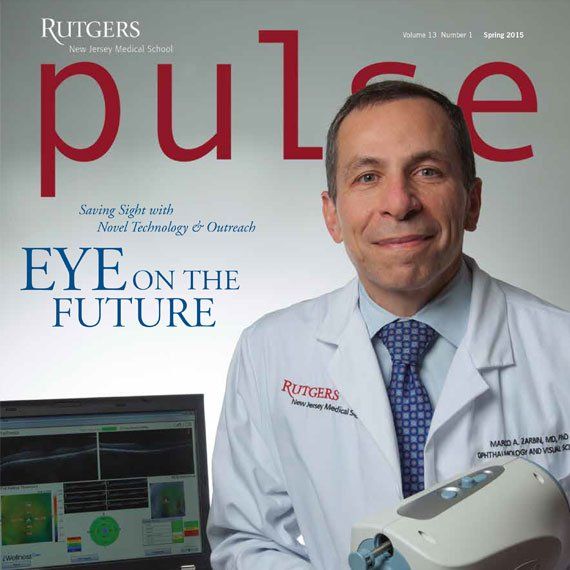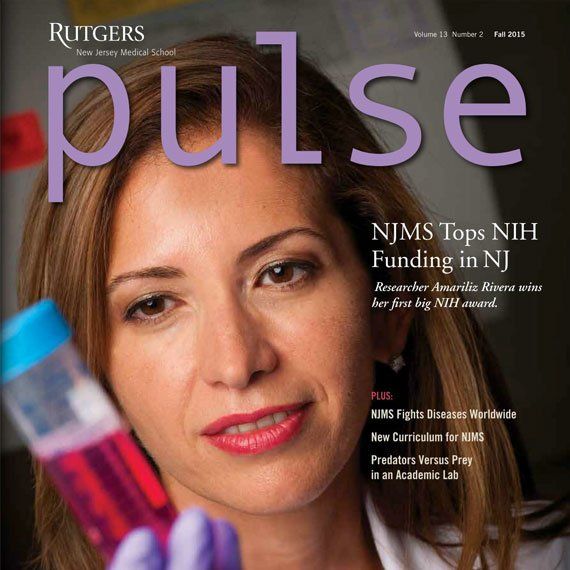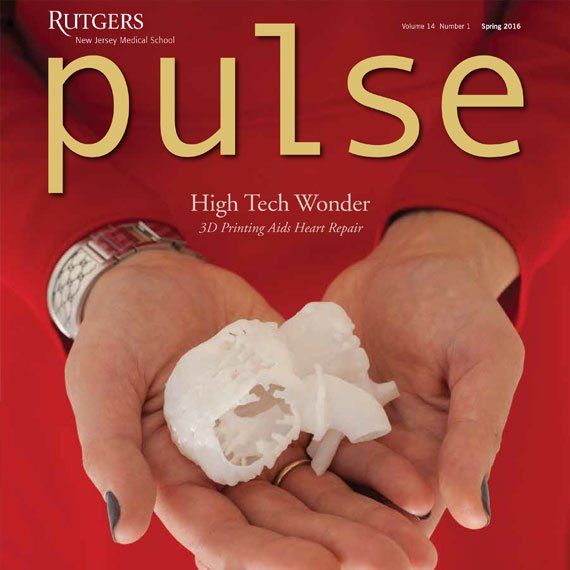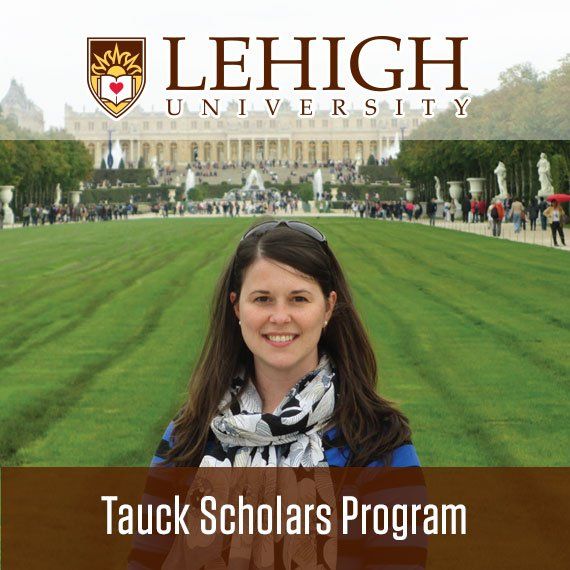
KLOTHO: A Gene That Spins the Thread of Life

My grandfather, Joe Bucknum, Sr., died just approaching his 90 th birthday after a life lived just the way he wanted. He was smart, opinionated, argued politics daily, kept busy, ate chunks of butter regularly, preferred fatty pot roasts to fish any day, drank brandy and would bring my mother day-old pies and pastries he picked up at the Acme Market in Morrisville, PA, where I grew up. The pineapple pie was really awful, by the way. He was hardly ever sick and what caused his death was a burst brain aneurysm that had probably been sitting there from birth. (Here he is photographed on his wedding day more than a century ago.)
Dena Dubal, MD, PhD, at the University of California San Francisco, lead author of a study published last year in Cell Reports, never met my Pop Pop but might take a guess that he possessed one copy of a variant of the gene KLOTHO or KL-VS. People with one copy of this newly discovered gene tend to live longer and perform better cognitively than those with two copies. Unfortunately, I have no idea where I stand in this genetic game.
The name KLOTHO was derived from the Greek mythological goddess of fate, “who spins the thread of life” – a nice naming touch for the kind of genetic gift we would all love to possess. This gene “provides a blueprint for a protein made by cells in the kidney, placenta, small intestine, and prostate.” In human subjects, klotho protein could be found circulating in the blood. The good news for all of us who may not have the right combination of KLOTHO: When the research team bred mice to overproduce klotho protein, the animals lived longer and smarter. The next step? Senior author Lennart Mucke, MD, director of the Gladstone Institute of Neurological Disease in San Francisco, says, “Our results suggest that klotho may increase cognitive reserve or the brain’s capacity to perform everyday intellectual tasks.” A very nice thought indeed.










